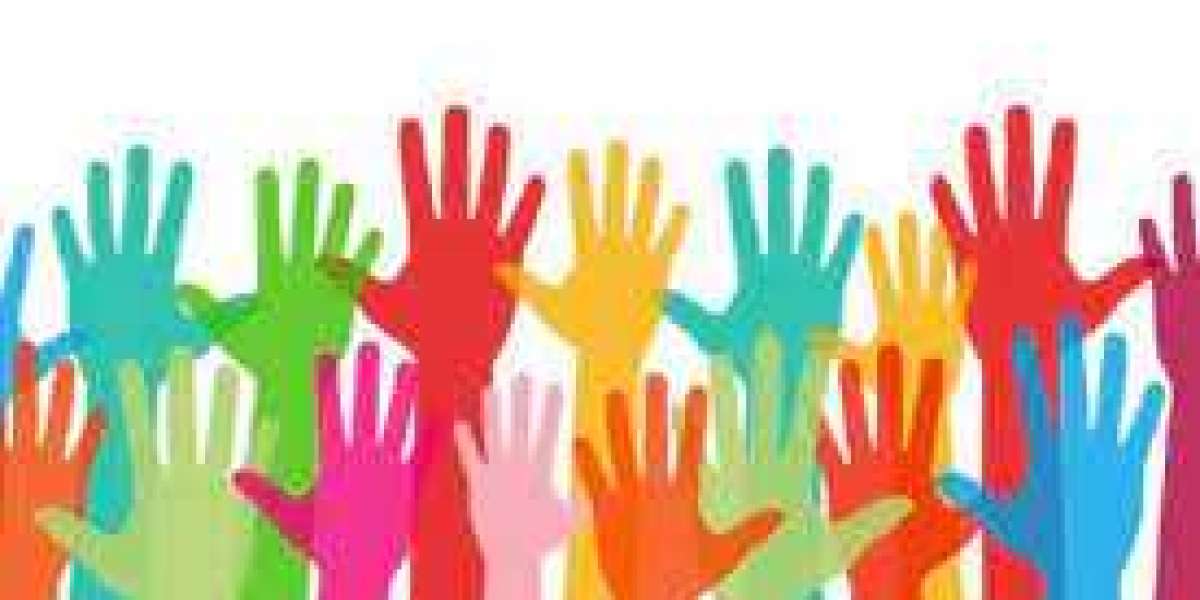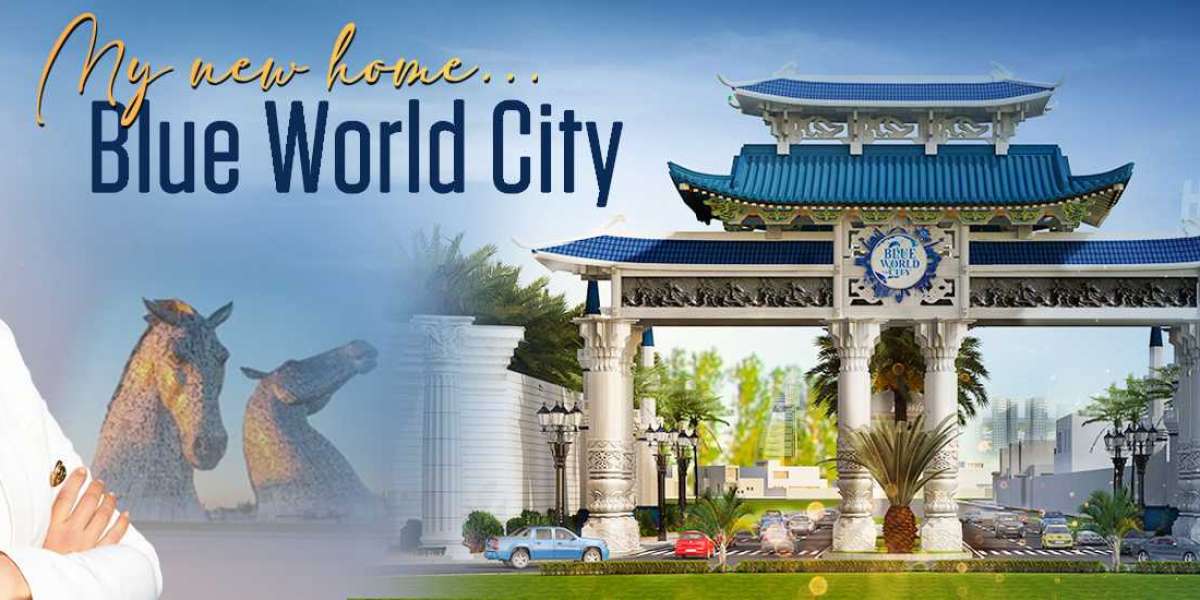The topic of an ideal regime has been discussed by many philosophers in various psychology essay papers since the foundation of first states. However, while drawing parallels between Plato’s criticism of democracy and its version in the USA, many similarities can be found because of the philosopher’s general perception of this regime and its current state in the US demanding certain steps to overcome those problems.
In The Republic, Plato distinguishes four different regimes giving democracy a special place among them. Despite the modern perception of this issue as the best form of governance, the philosopher has an opposite perspective on it. The best one is considered as the Laconian regime, the second one is oligarchy, the third one is democracy, and the last one is tyranny (Bloom 222). Basing on such classification, it is clear that the philosopher does not see democracy as an ideal state of government. Even more, its close linkage with tyranny allows assuming that this form has many flows. Notably, Plato clearly states that when democracy degenerates, it is substituted with tyranny (Bloom 222). This idea has become the center of debates of the current US politics and the policy of new presidential administration. The reason is that more people start to see D. Trump as a person who has prerequisites to become a tyrant (Sullivan). Altogether, Plato’s general approach to the gradation of regimes reveals the presence of democracy’s inferiorities.
Plato gives a special attention to relations among common people and rulers in democratic state. On the one hand, a democratic state establishes the law to regulate connections among individuals. On the other hand, Plato traces some similarities between democratic and tyrannical regulations. Notably, he reveals that the foundation of legislations in both states is the establishment of advantages for rulers and legalizing their unjust deeds (Bloom 16). At the same time, the philosopher underlines that in the area where specific rules are absent people can act in the way they think is appropriate without worrying to be punished (Bloom 236). Finally, he argues that nevertheless in many cities masters are called rulers, but still the persons, who live there, are slaves (Bloom 142). From this perspective democracy is seen as a state that creates some privileges for stronger and those ones who actually have power, while others are taken advantage of this matter. This situation is currently evolving in the USA where the gap between rich and powerful individuals and those ones that have nothing and are being weak is growing (Sullivan). Hence, the flaw of democracy is the absence of protection for a vulnerable layer of population.
One of the core issues in terms of this governance is the threat of being ignorant. In particular, the ruler can have ungrounded views basing his position on what the mob says and not paying attention to the words of experts (Bloom 180). According to Plato, this state can stem from the lack of education, especially among youth. Consequently, their deeds are not driven by some noble ideas though rather by unnecessary and often harmful desires such as anarchy, shamelessness, and magnificence (Bloom 239). In such situations, the democratic state has a high degree of possibility that a social opinion will not be based on the reasonable and verified information though on rhetorical persuasion. As a result, the society, as the whole, can be very vulnerable to manipulations. For instance, people who do not fully understand the genuine meaning of some ideas can naively follow far-fetched concepts about classifying things into bad and good. It occurs even when they are not doing so only by following the dogma about the equality of all principles and persons (Bloom 239). The problem with ignorance is especially timely for the US citizens because of the well-known growing level of populism (Sullivan). Thus, ignorance is seen as one of the main drawbacks of democracy.
What is interesting is Plato’s specific depiction of an image of a democratic leader. First, the philosopher underlines that this person fully reflects the community of their origin. For instance, such leader is self-indulgent following all desires that occur in the one’s mind (Bloom 239). Second, the democratic chief can be highly unpredictable because such person easily jumps from one idea to the other one, while applying the same to people. In general, “there is neither order not necessity in his life, but calling this life sweet, free, and blessed he follows it throughout” (Bloom 240). This description provided by Plato many centuries ago is still very apparent to the modern US politics. By simply encountering the character of the current President D. Trump, various correlations can be found between him and the philosopher’s description of a democratic leader. All in all, the personality of the leader in The Republic can be perceived as a drawback of democracy.
At the same time, despite all of the above mentioned similarities of flaws that Plato and the US democracy have, American democracy has an effective mechanism to protect itself from those problems. First, the appearance of such figures as D. Trump makes the general system of the United States stronger. The reason is that it demonstrates the existing flows and gives the right to people whose opinions and voices have been ignored before to express them. Second, the existence of the modern media and Internet allows people not only to be manipulated in some way but also organize their own discourse and groups for advocating for the personal rights and freedoms (Sullivan). Therefore, American democracy can cope with existing issues.
In conclusion, The Republic of Plato presents a unique vision of democracy and its flows. In many matters, the ideas stated by the philosopher are true for the current American democratic regime also. However, the existing flaws can be opposed by some current features of the modern world that can help to improve this regime.







